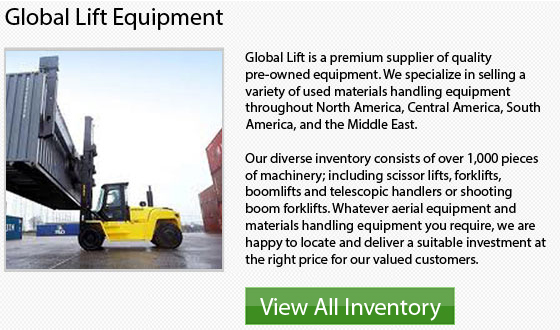
Seat Belts for Counterbalances
A forklift, also referred to as a counterbalance, carries loads as heavy as 30,000 pounds. Despite being sturdy and large, these industrial machinery still carry the potential chance of crash or accident. To be able to be really safe, be sure to have operators put on an appropriate seat belt in the forklift and check that up to standard safety features are also on board. We all know that seat belts can save lives in case of an accident.
Three-Point Seat Belt
The types of seat belts that could extend both over the lap and across the upper body are the three-point seat belts. These types of belts provide an extra safety degree by protecting your body. They are offered in both bench-seat and buckle-seat types. The 3-point seat belts are offered in either non-retractable or retractable kinds.
Most modern vehicles available provide retractable seat belts. Although non-retractable styles increase safety, retractable kinds offer more comfort. It is impossible for a non-retractable seat belt to accidentally extend.
Lap belts
Two-point lap belts are ones that extend over the lower part of the body. The majority of lap belts are non-retractable and feature a push-button closure system. In order to secure the seat belt, simply press on the belt button and then the two sides would separate.
Circuit-closed seat belt
The type of seat belt which forces a forklift operator to put on a seat belt is a circuit-closed seat belt. These seat belts have a micro-switch attached that sounds an alarm if an operator starts a vehicle and is unsecured by a seat belt. The circuit-closed seat belts are made in both non-retractable and retractable lap-band styles.